Violence erupts during protests in Iraq
-
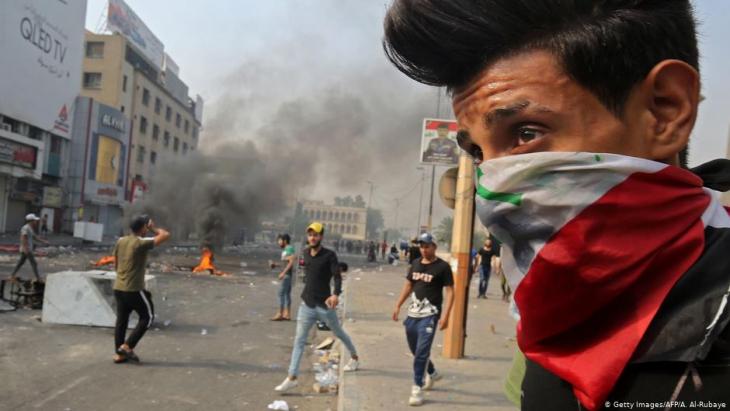
-
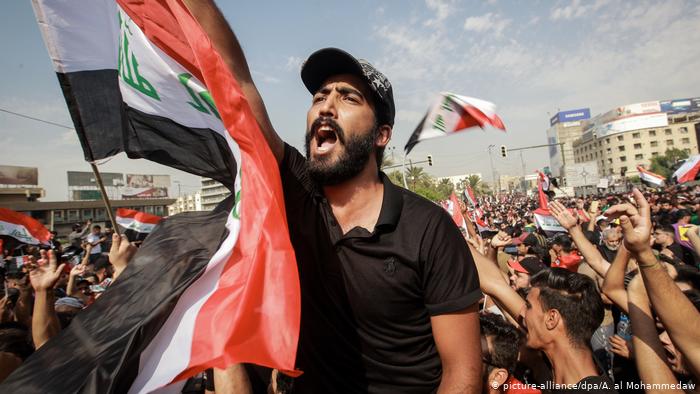
Days of violence: despite promises of reform by the government, protests against corruption and mismanagement in Iraq continue. Once again on Friday people gathered in central locations in the capital Baghdad, as well as in the south of the country -
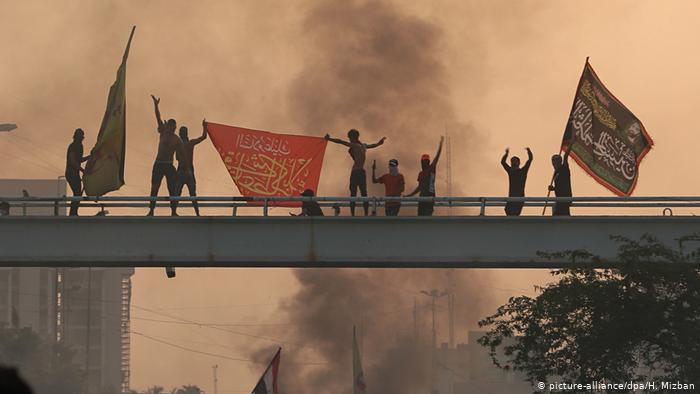
Protests without end: following days of violent protests, a curfew was supposed to provide peace and quiet - after all, at least 100 people have died and some 1,600 have been injured. However, many demonstrators ignored the curfew and spent the night outside to protest further -
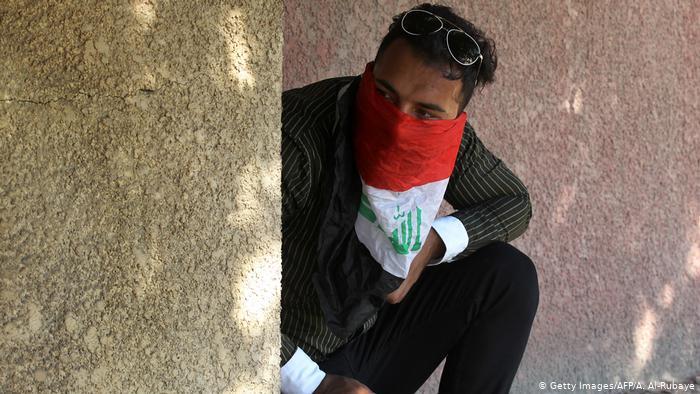
Protests without a party: these are by no means the first protests against the difficult living conditions in Iraq. In some places, there are only four hours of electricity a day, and according to the World Bank, youth unemployment stands at 25 percent. Iraq's most senior Shia cleric Ali al-Sistani called for "serious reforms" before it was too late -
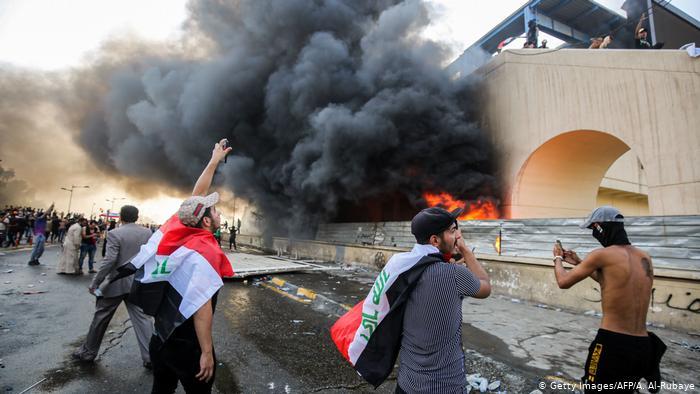
Lockdown: there is already talk of the first protests "without flag, without posters and without party slogan". They were, however, obviously fanned by the dismissal of a popular general, Abdel-Wahab al-Saadi. In Baghdad, the demonstrators tried to enter the so-called Green Zone. Numerous government buildings and embassies are located in the high-security district -
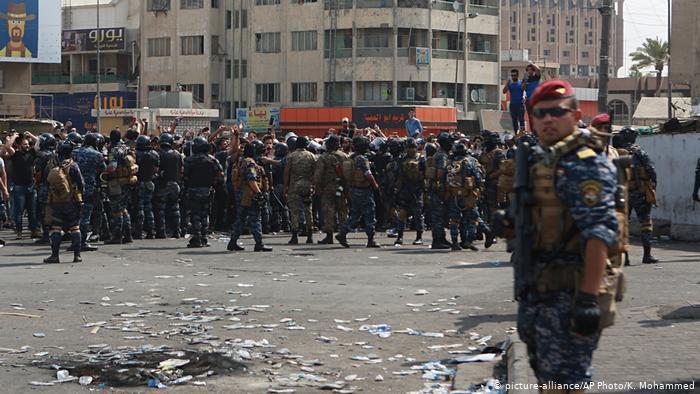
Allegations of police violence: security forces have been using tear gas against demonstrators since the beginning of the protests. The UN Human Rights Office in Geneva also fears that police officers have been using live ammunition and rubber bullets. Prime Minister Adel Abdel Mahdi came under fire when he praised the security forces and blamed the unspecified "attackers" for the violence -
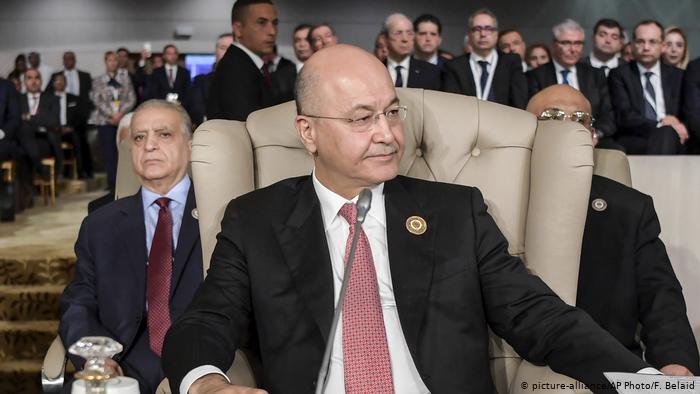
The country's president, Barham Saleh (photo, March 2019), reiterated his condemnation of the violence and called for "restraint and respect for the law". "Peaceful protest is a constitutional right granted to citizens," Saleh stressed. The Human Rights Committee of the Iraqi Parliament criticised the "repression" of the protests
https://qantara.de./en/node/10867
Link
To all image galleries
